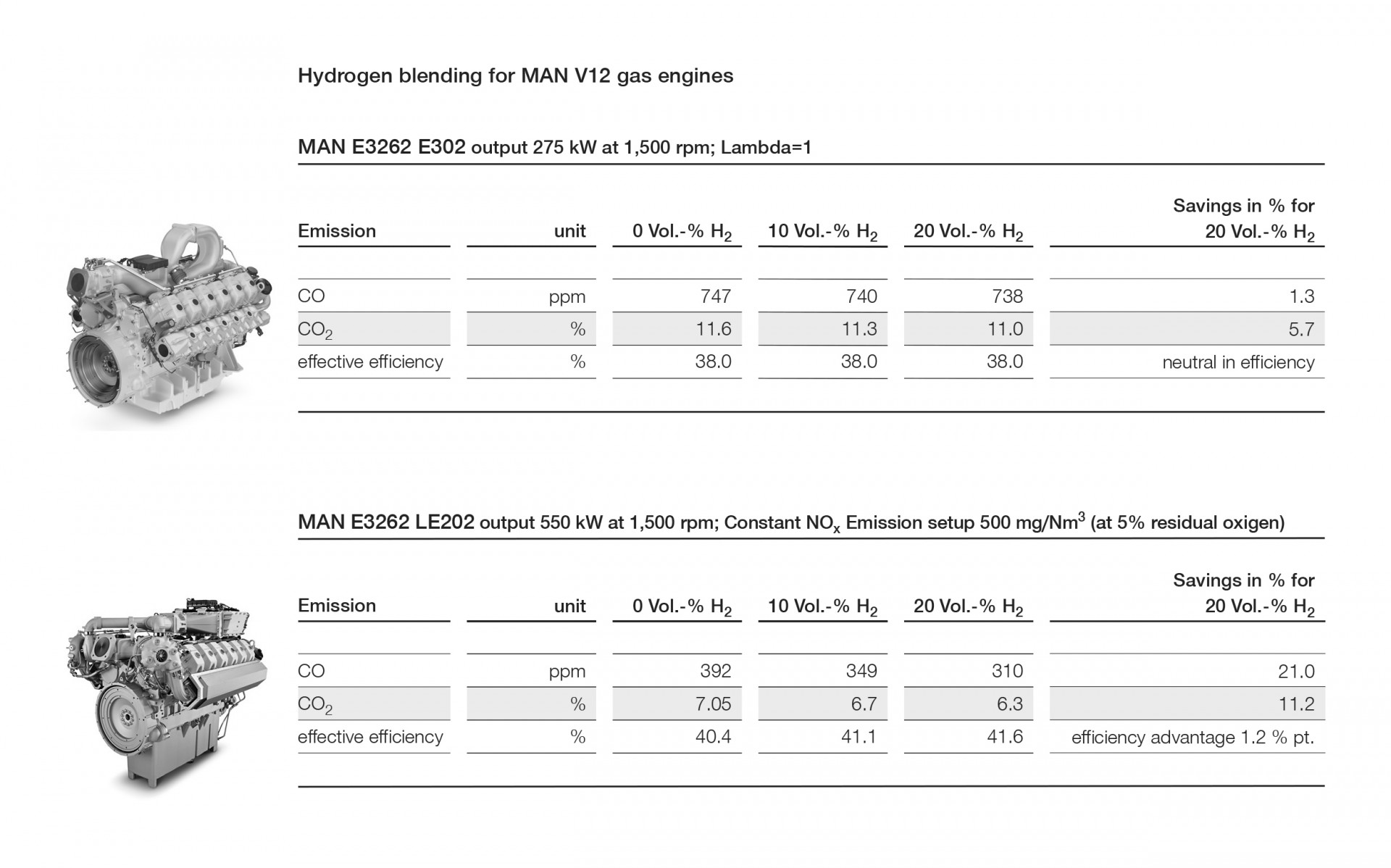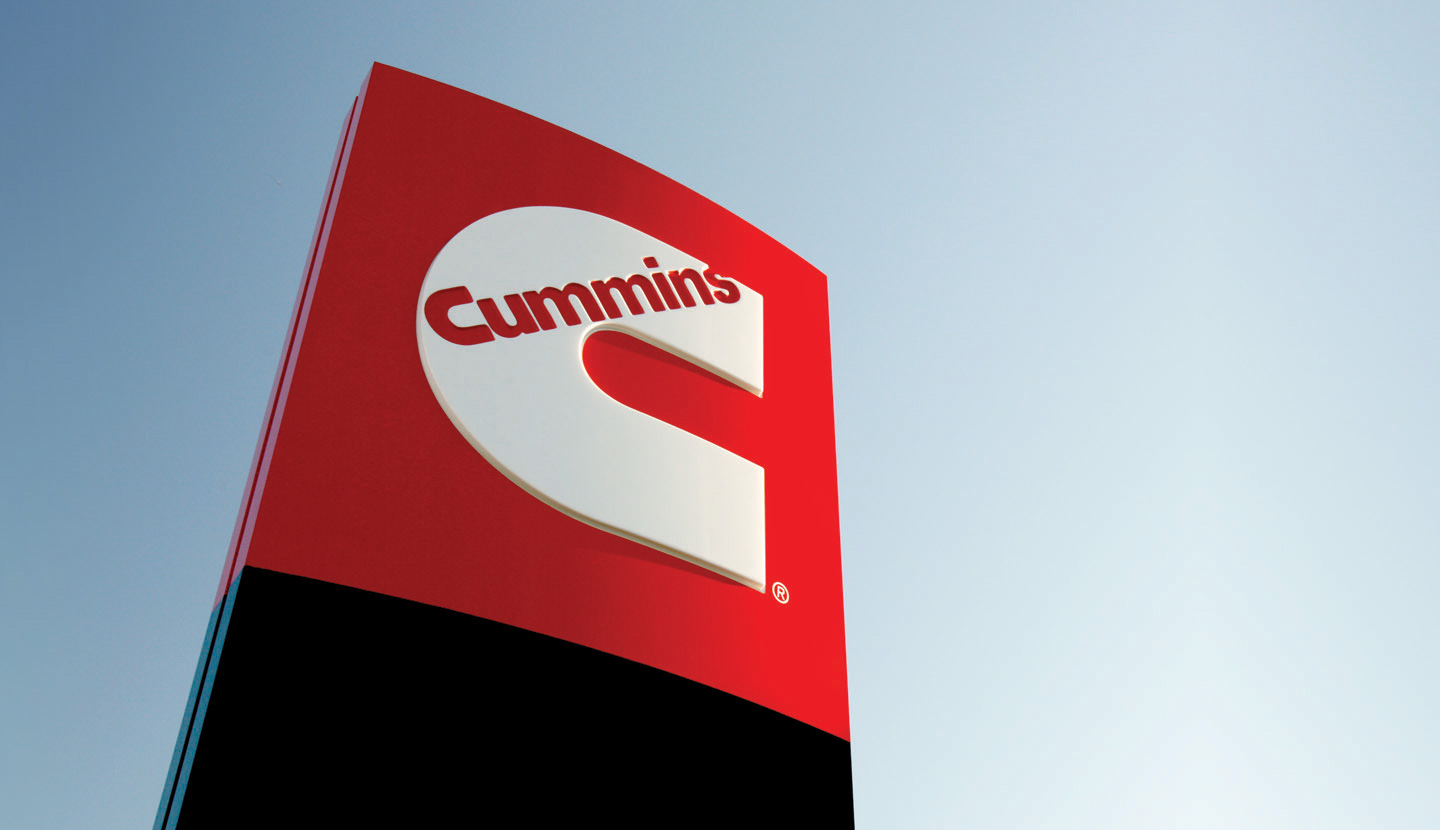I was taken by surprise when Toyota was seriously considering hydrogen ICEs as a future powertrain option for production cars. I previously considered the GR Corolla H2 program as an engineering exercise but apparently real engineers at Toyota know more than I do (/s). Now there are rumors that next-gen Prius and Corolla will offer H2 options in Japan. And in their latest news release they claimed to have reached power parity with gasoline ICEs (quick refresher: H2 combustion produces a lot of NOx emissions and two ways to avoid that is 1) ultra-lean burn and losing ~50% specific output 2) use AdBlue additive like diesel engines). They improved filling time from 5 min to 3 min. That's only a minor inconvenience compared to filling a gasoline car if you take into account extra time you spend at a gas station (usually 5 min). You need to understand that a widely-accessible very-fast charging (i.e. < 30min) network for BEVs is very unlikely to become a reality because of the economics (10-min fast charging WILL come, but you will have to pay a premium to skip the line).
Regardless, due to fundamental differences between ICE and FC, a hydrogen ICE car will:
1) mostly replicate the driving experience of a gasoline ICEV.
2) offer less than half the power of FCV/BEV of the same size. You will always be trashed by an EV at the lights/on a drag strip.
3) have ~40% less range/70% higher fuel cost than a FCV with same hydrogen capacity.
4) ~100kg heavier than comparable gasoline ICEV.
5) can use inefficient layouts (e.g. TTV8 or even V10/V12, manual trans etc.) but still close to zero emissions.
6) in short-term H2 price will still be at least 2-3x gasoline/diesel.
Are these things you would consider to be worth it to still drive an ICEV guilt-free? Do you think enough people will be interested for this type of powertrain to be feasible?
Regardless, due to fundamental differences between ICE and FC, a hydrogen ICE car will:
1) mostly replicate the driving experience of a gasoline ICEV.
2) offer less than half the power of FCV/BEV of the same size. You will always be trashed by an EV at the lights/on a drag strip.
3) have ~40% less range/70% higher fuel cost than a FCV with same hydrogen capacity.
4) ~100kg heavier than comparable gasoline ICEV.
5) can use inefficient layouts (e.g. TTV8 or even V10/V12, manual trans etc.) but still close to zero emissions.
6) in short-term H2 price will still be at least 2-3x gasoline/diesel.
Are these things you would consider to be worth it to still drive an ICEV guilt-free? Do you think enough people will be interested for this type of powertrain to be feasible?
Last edited:



